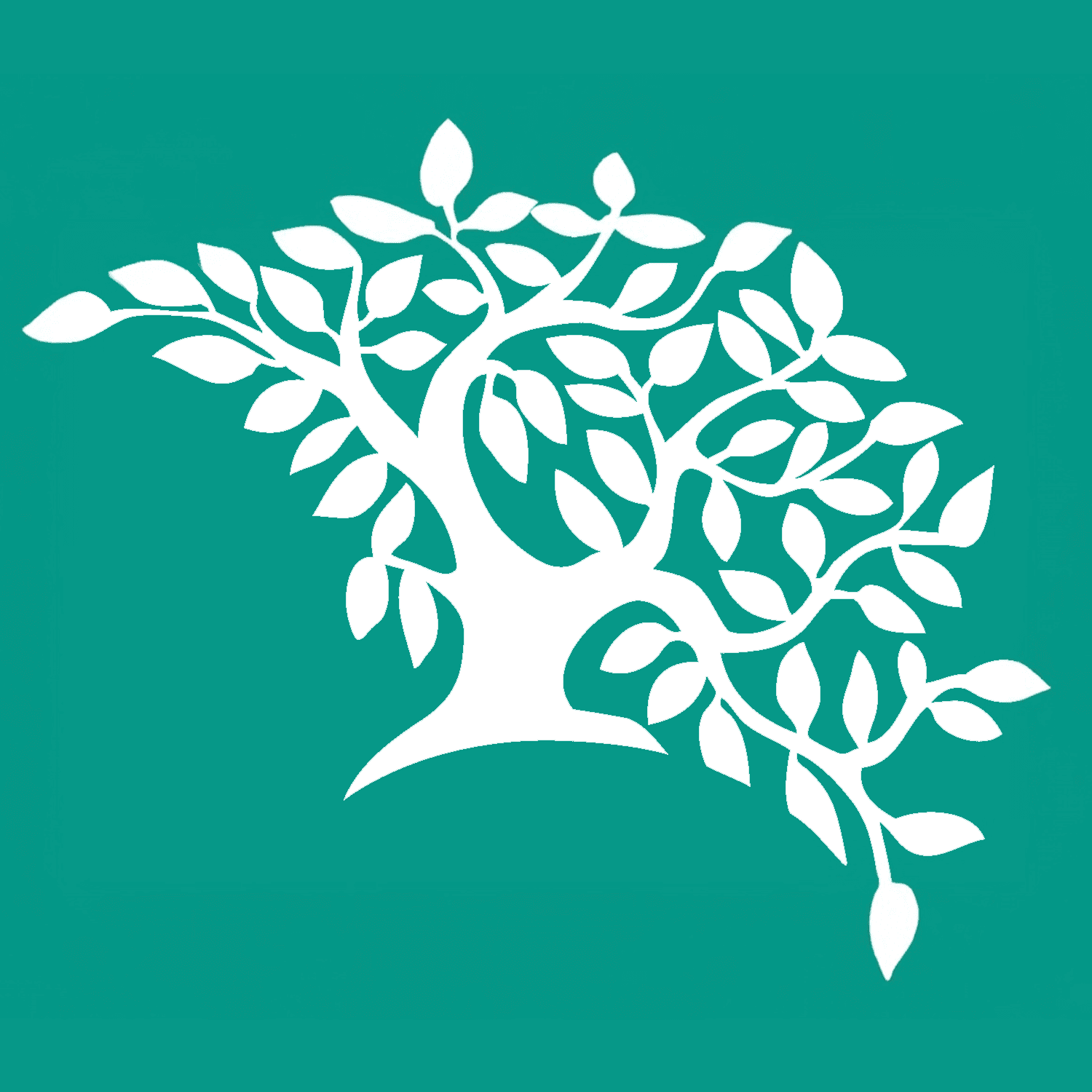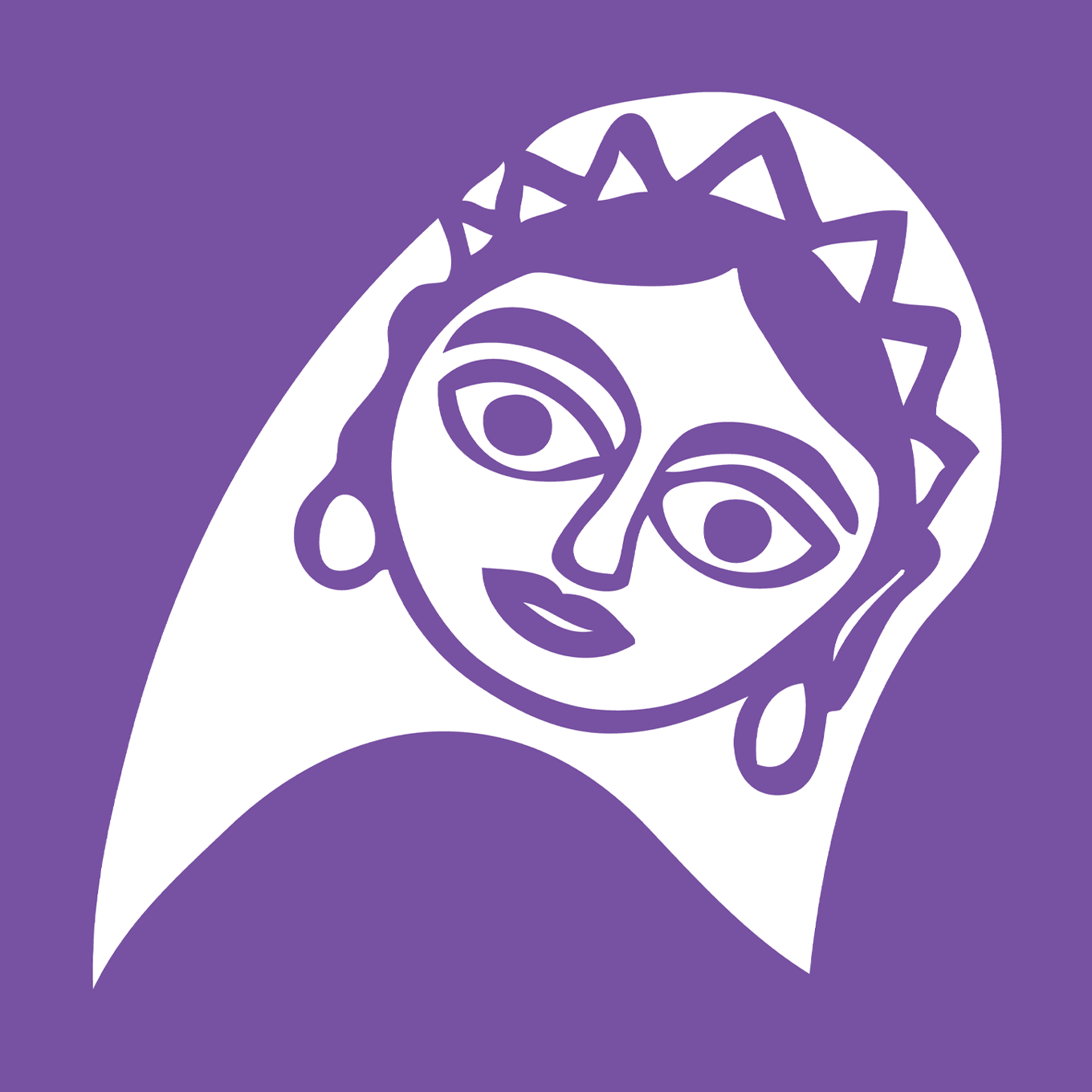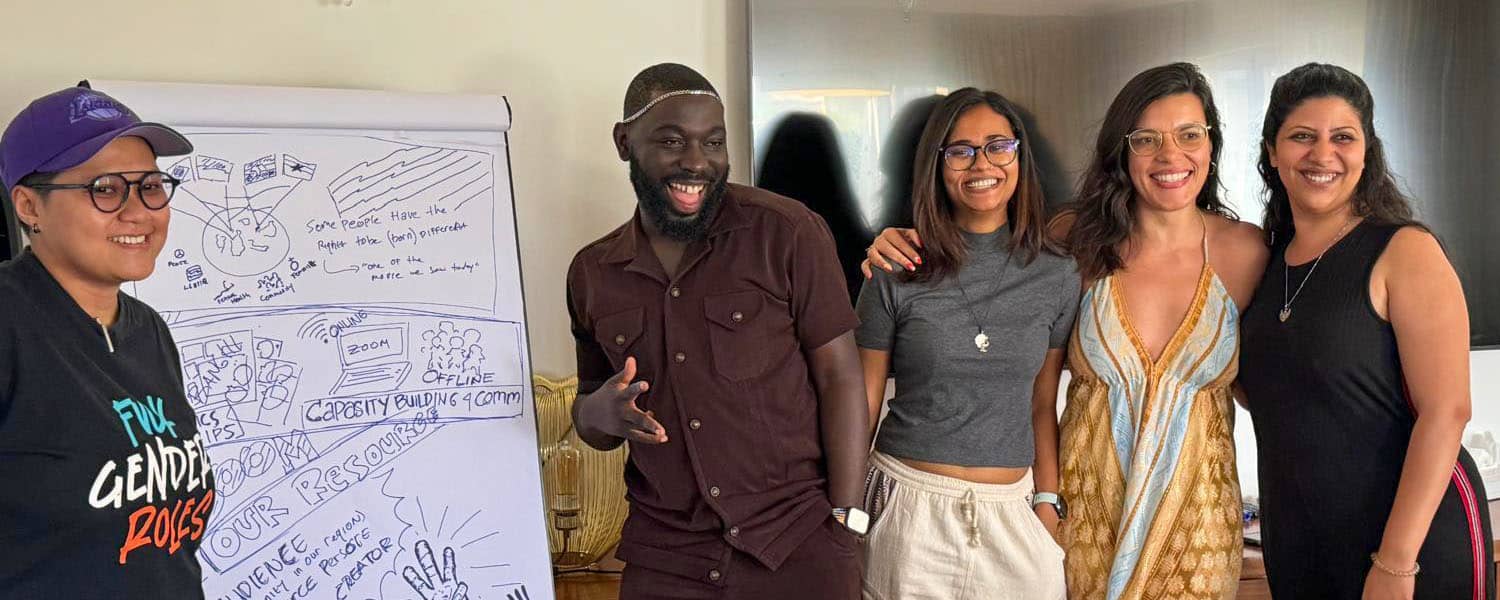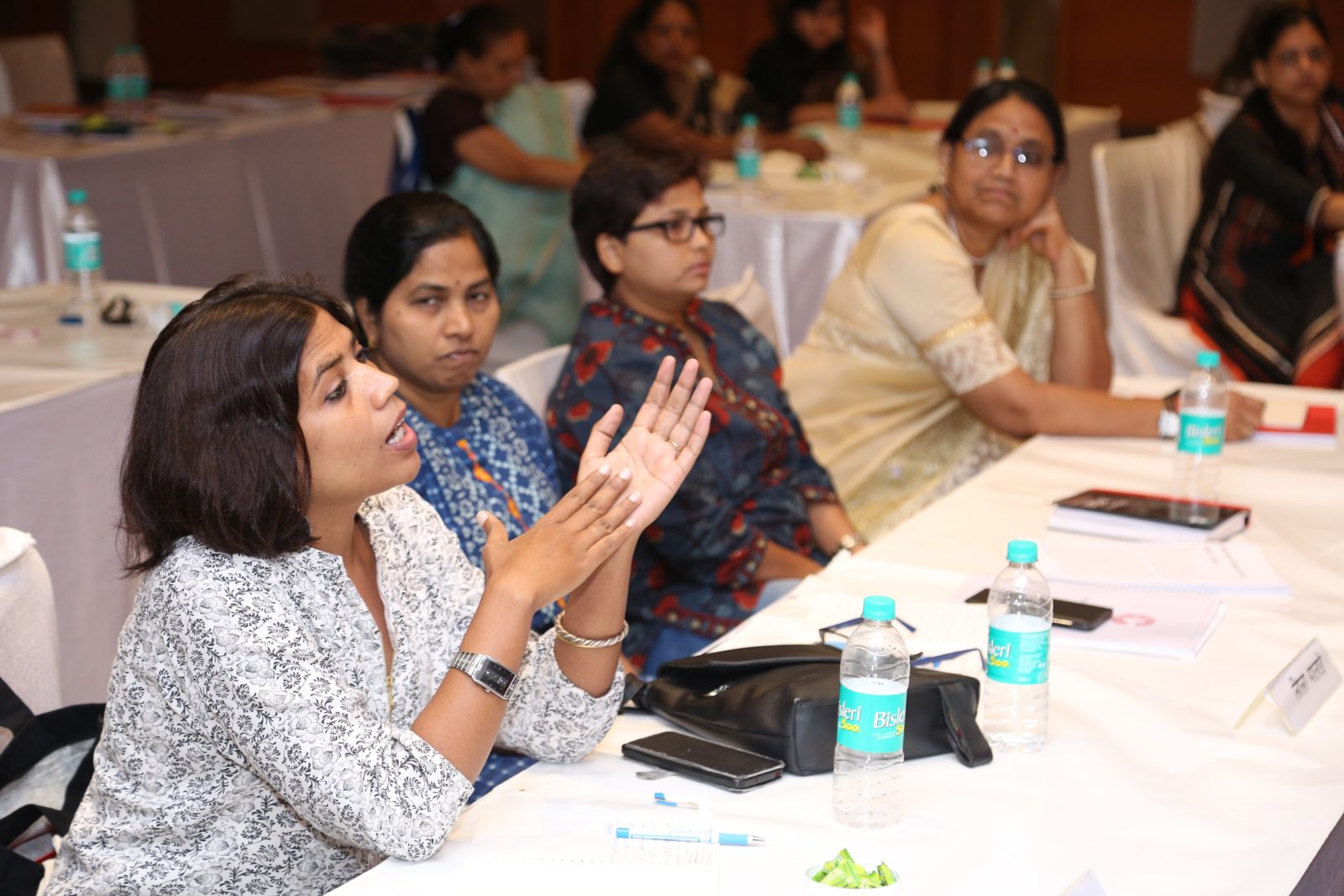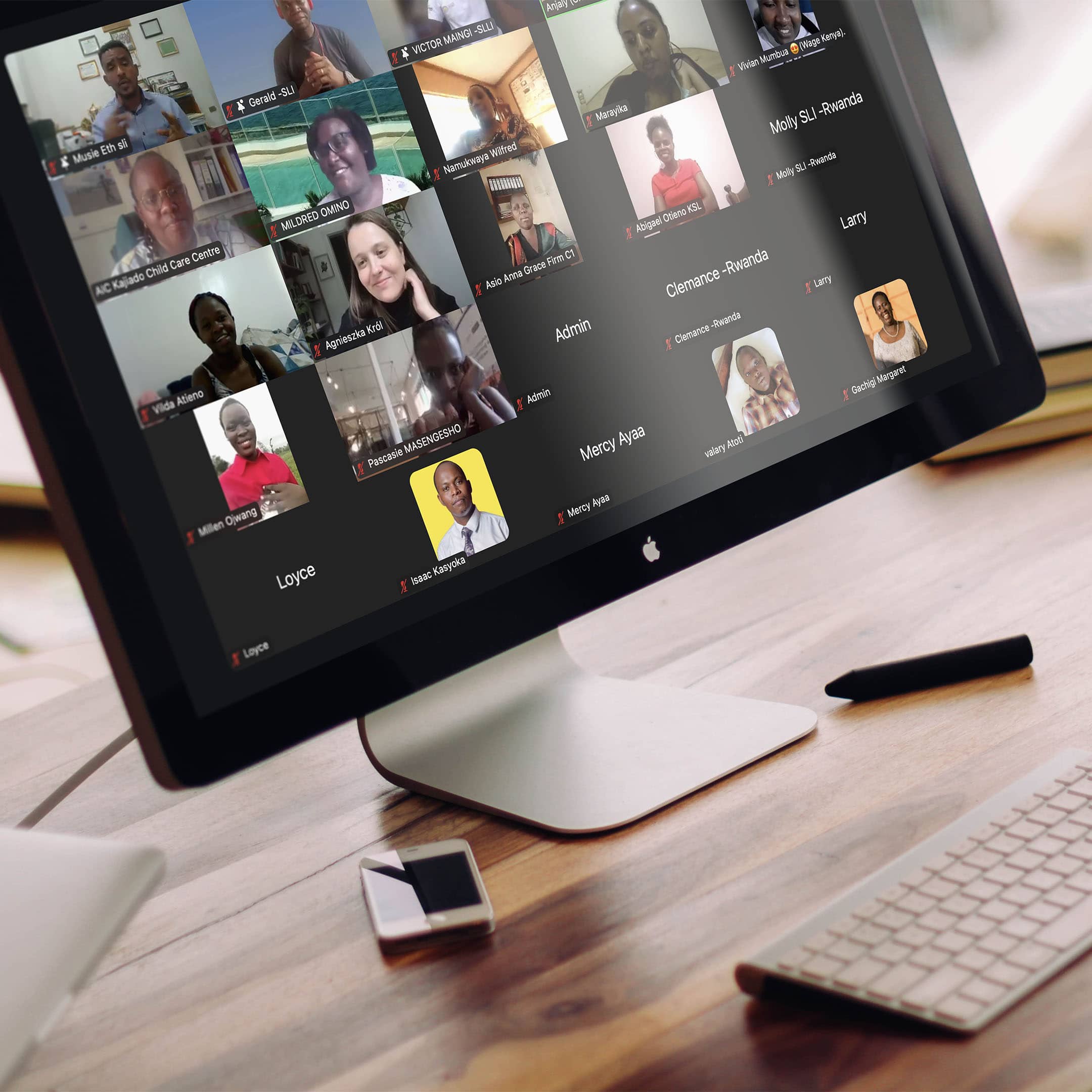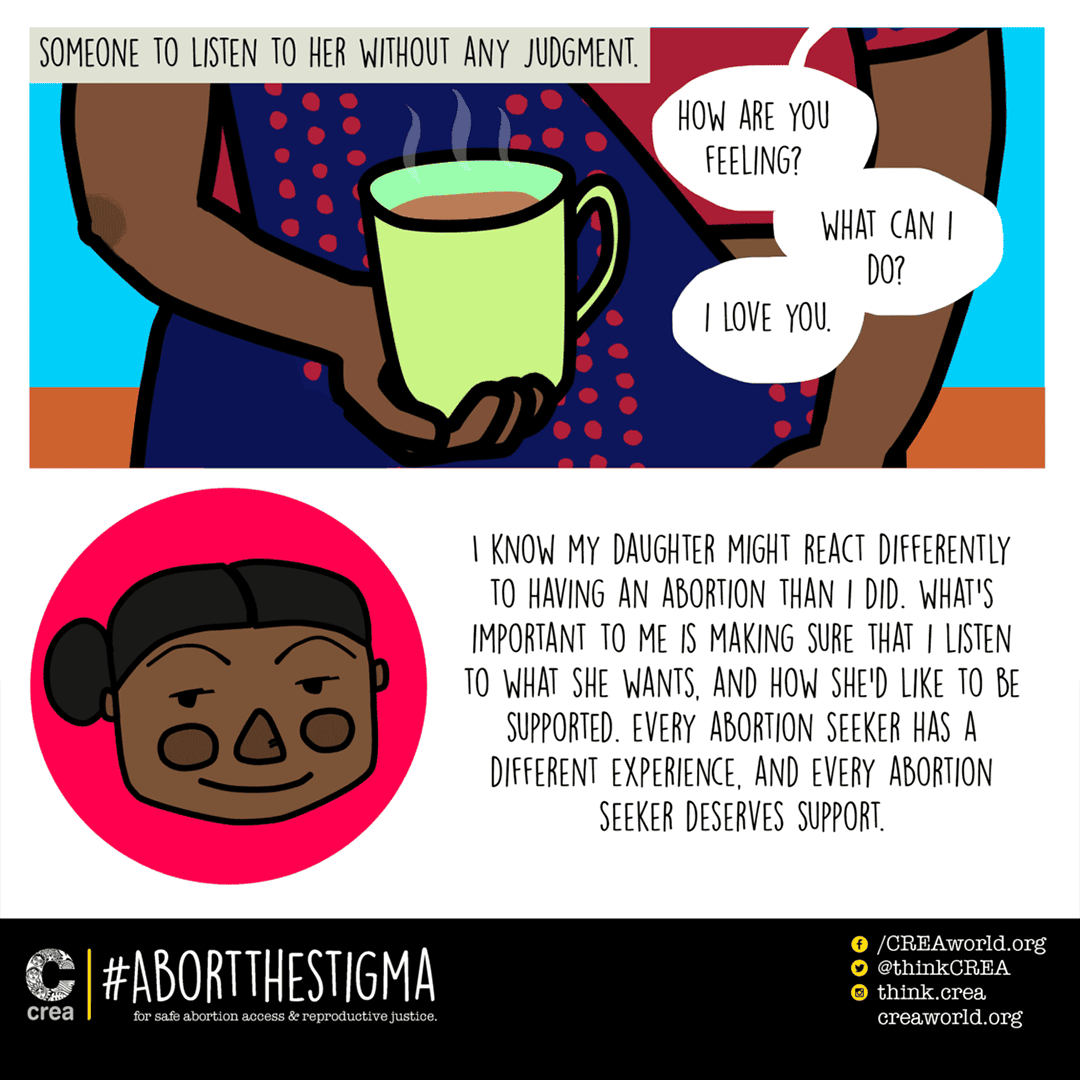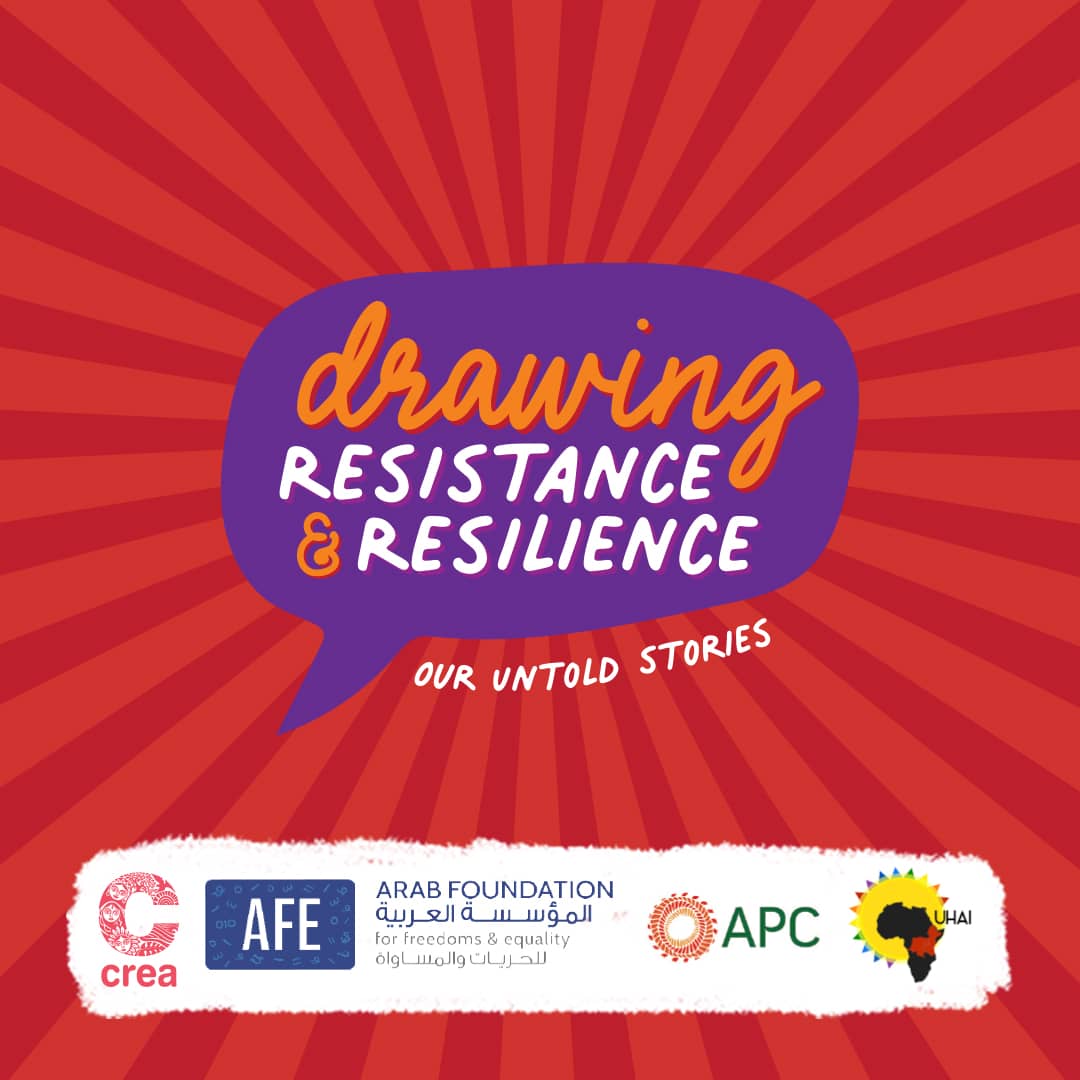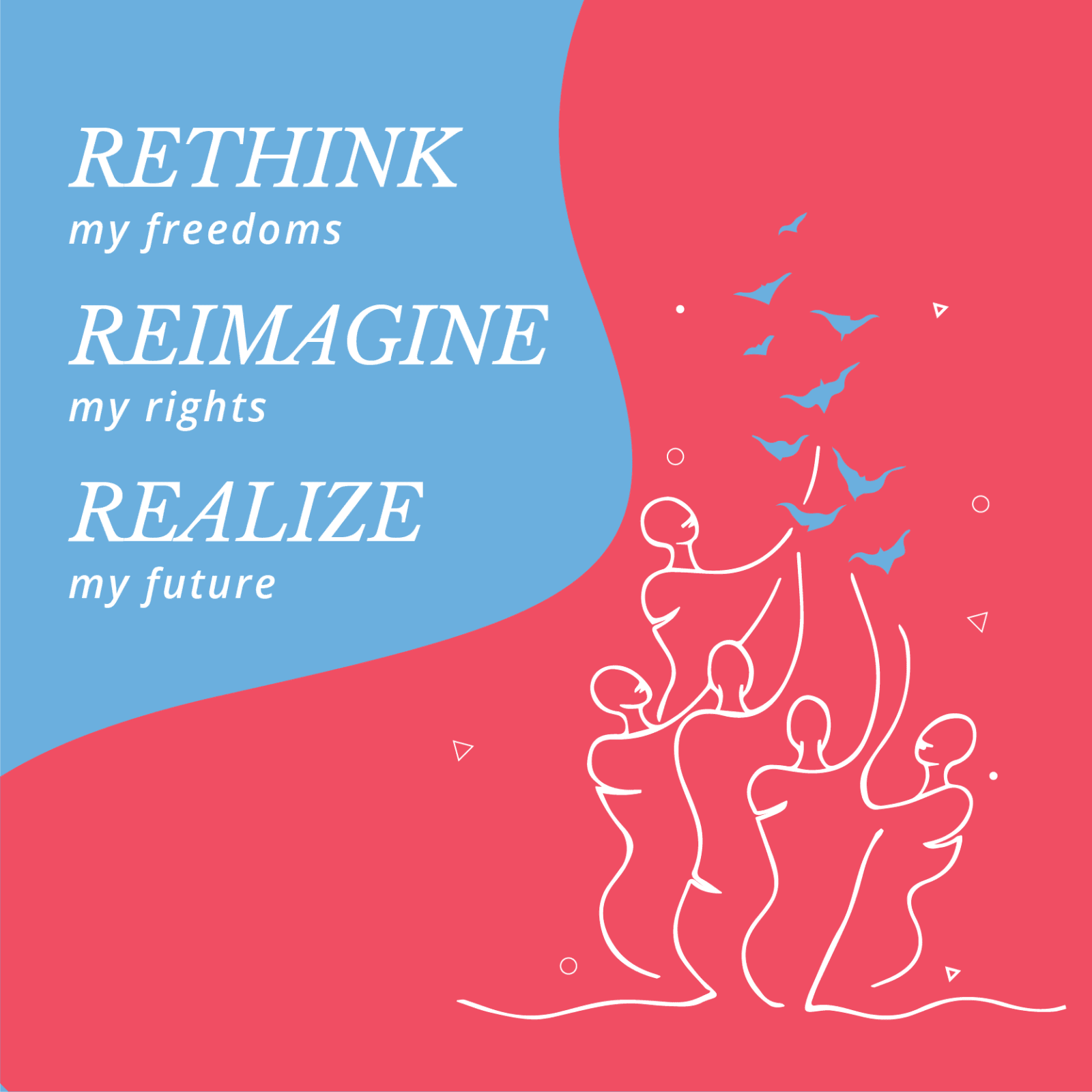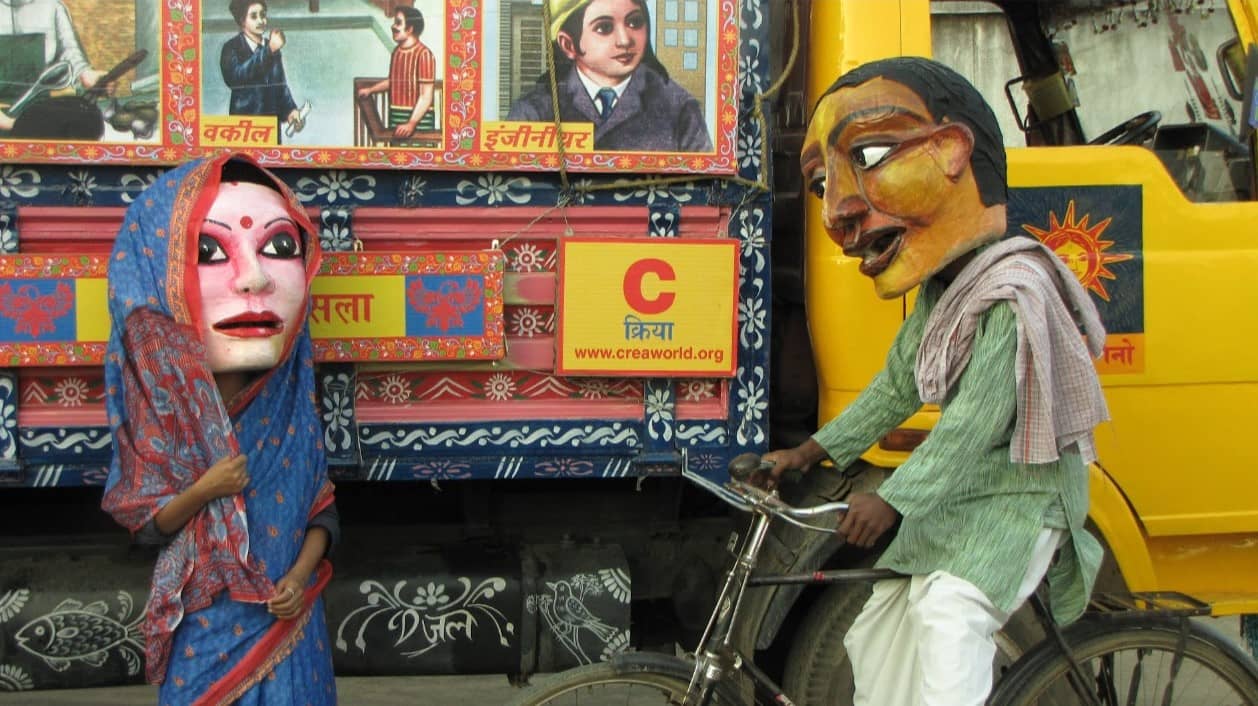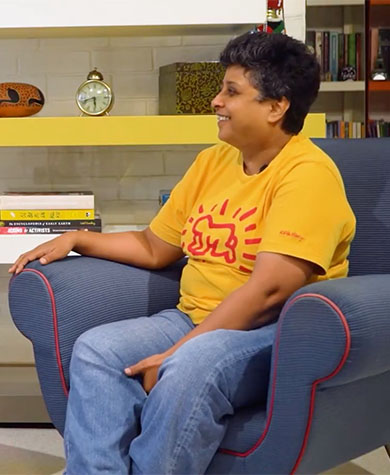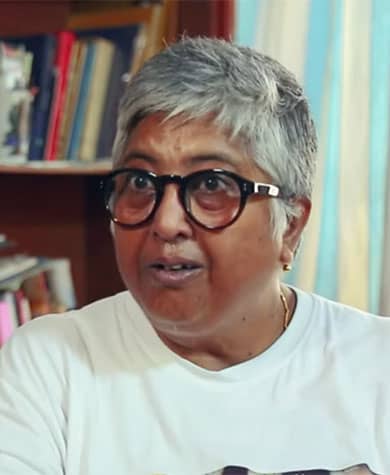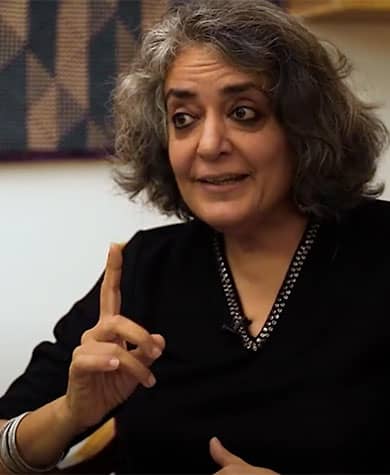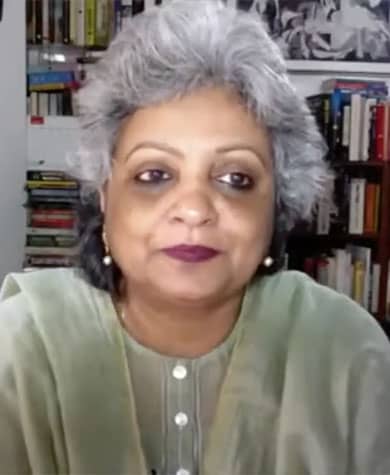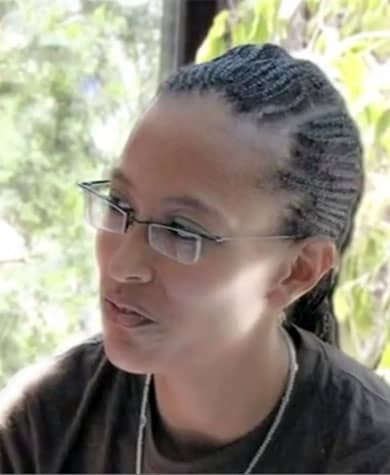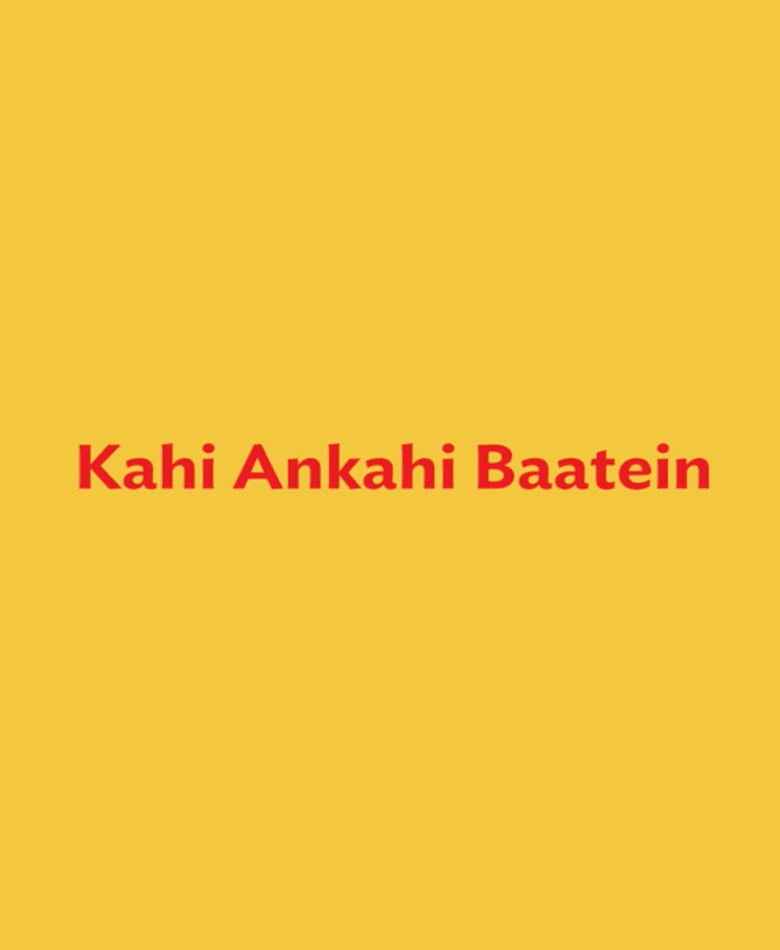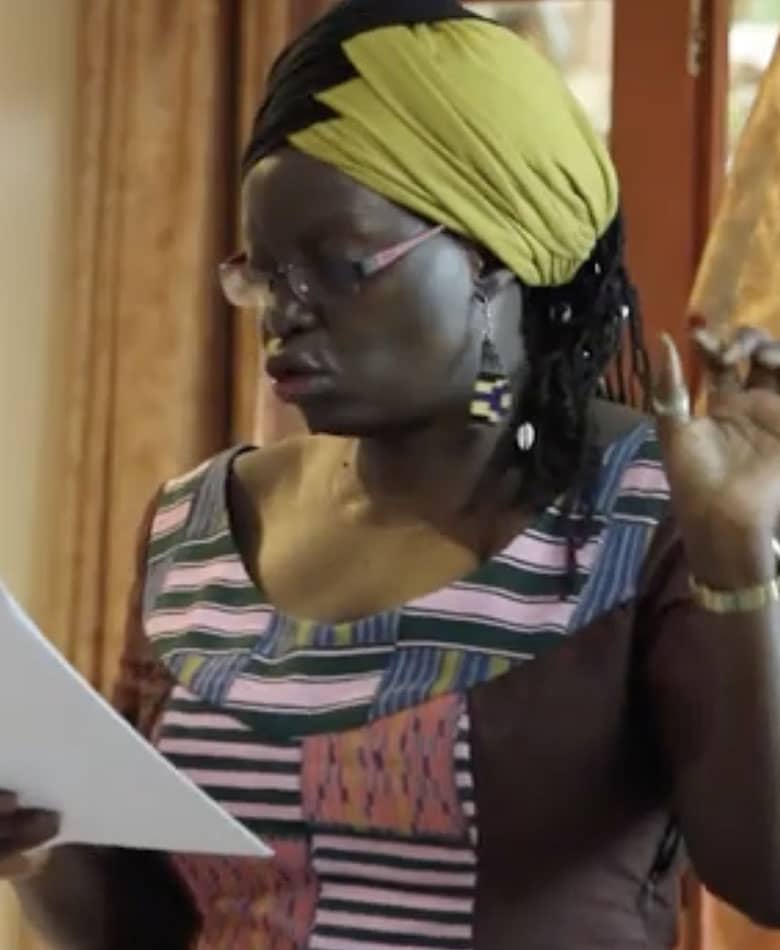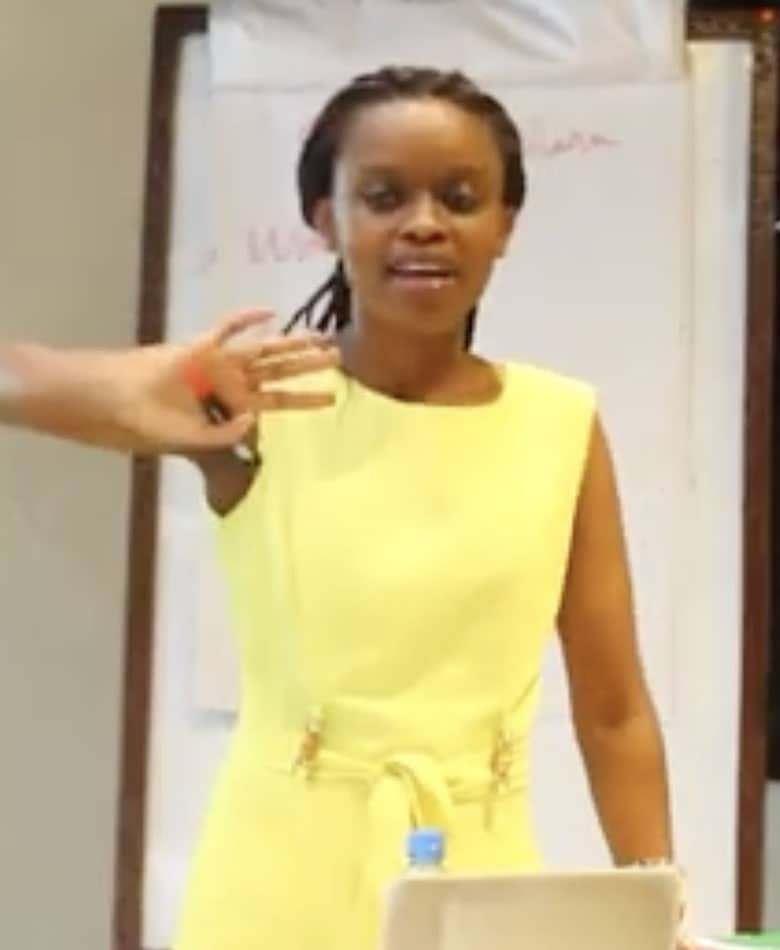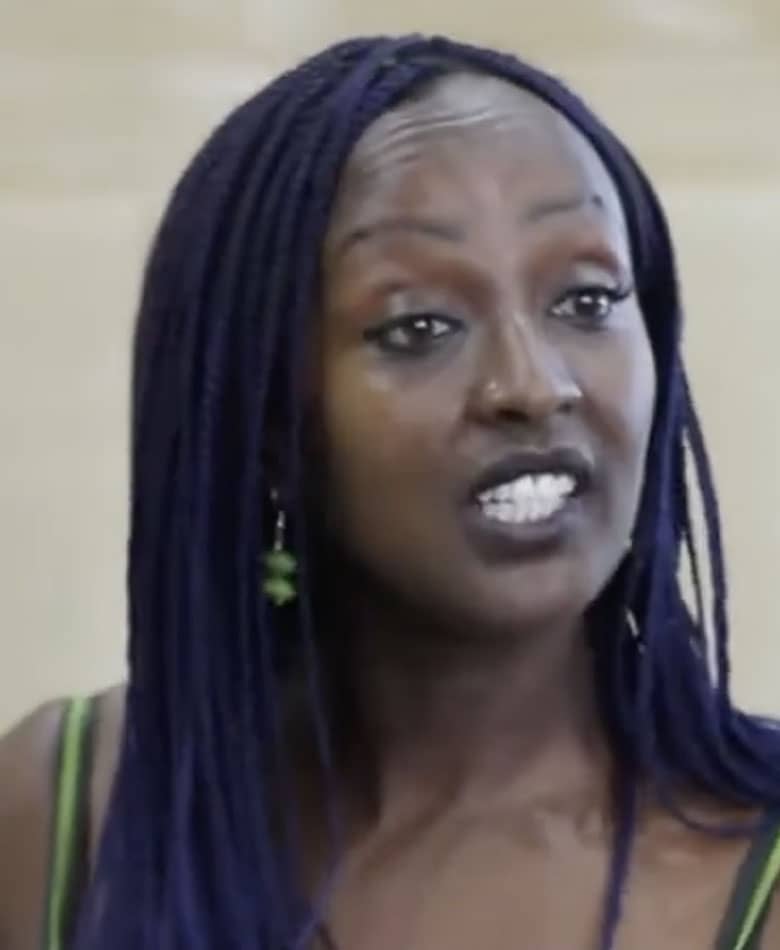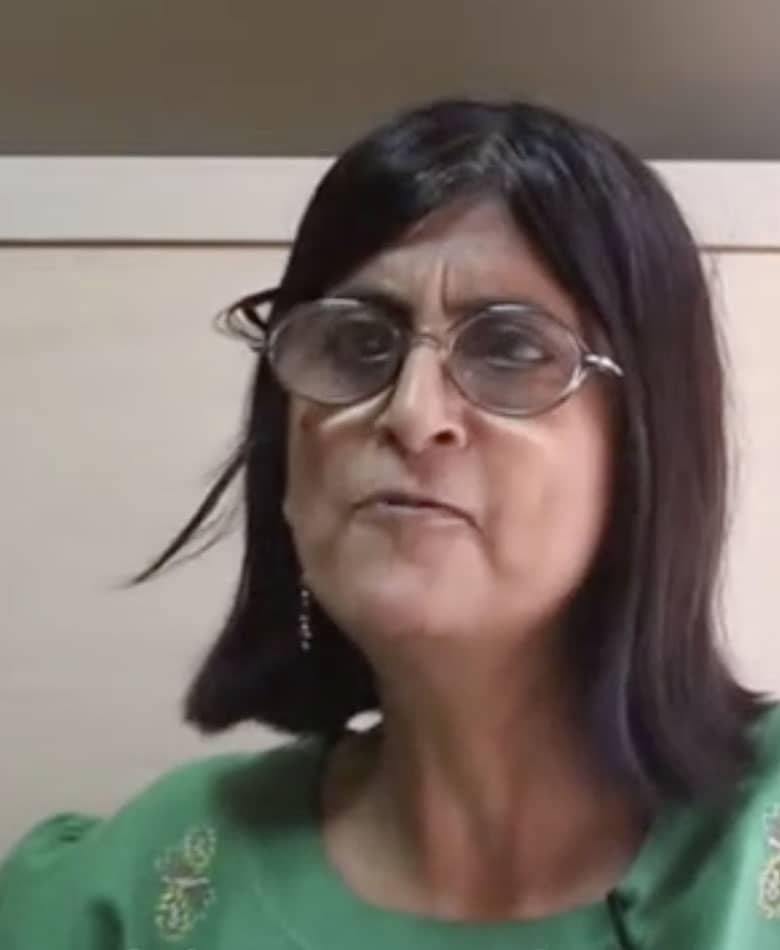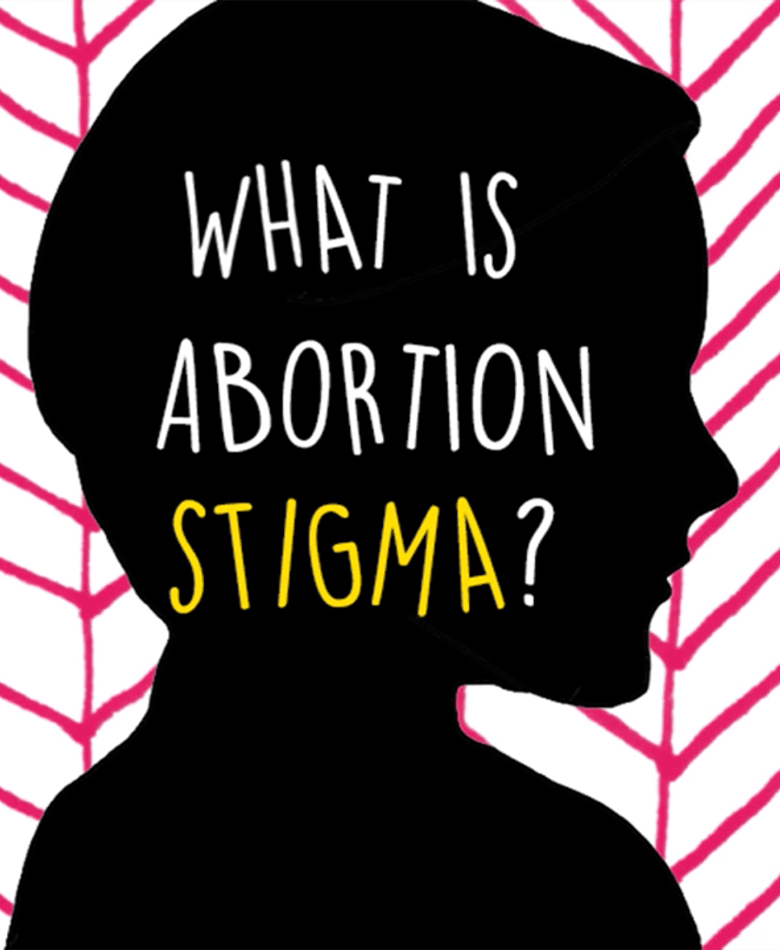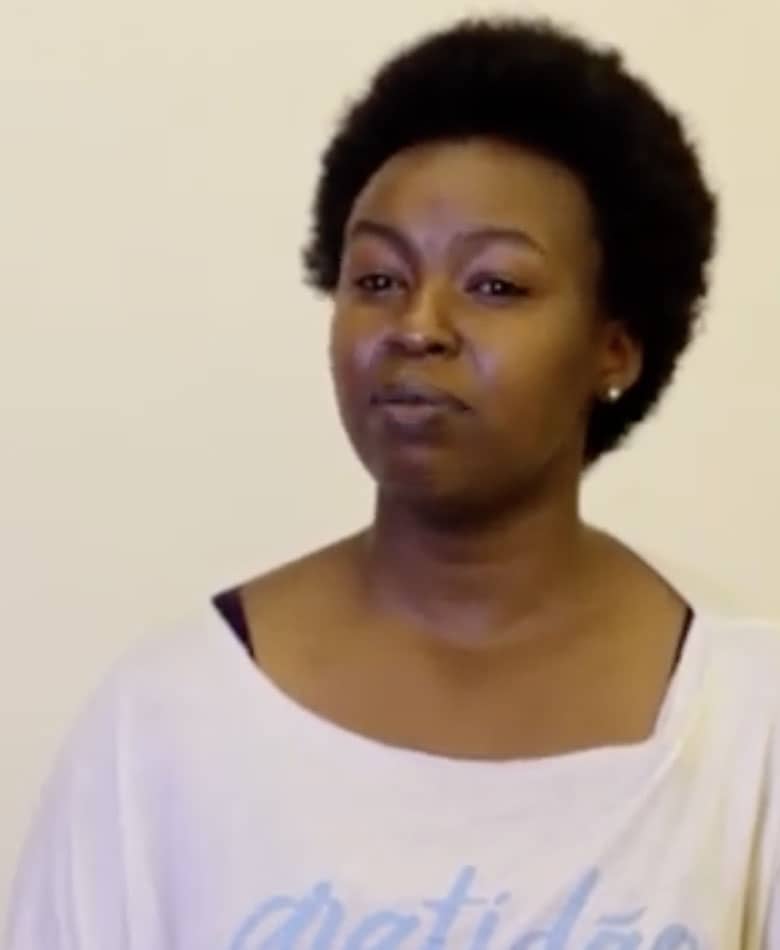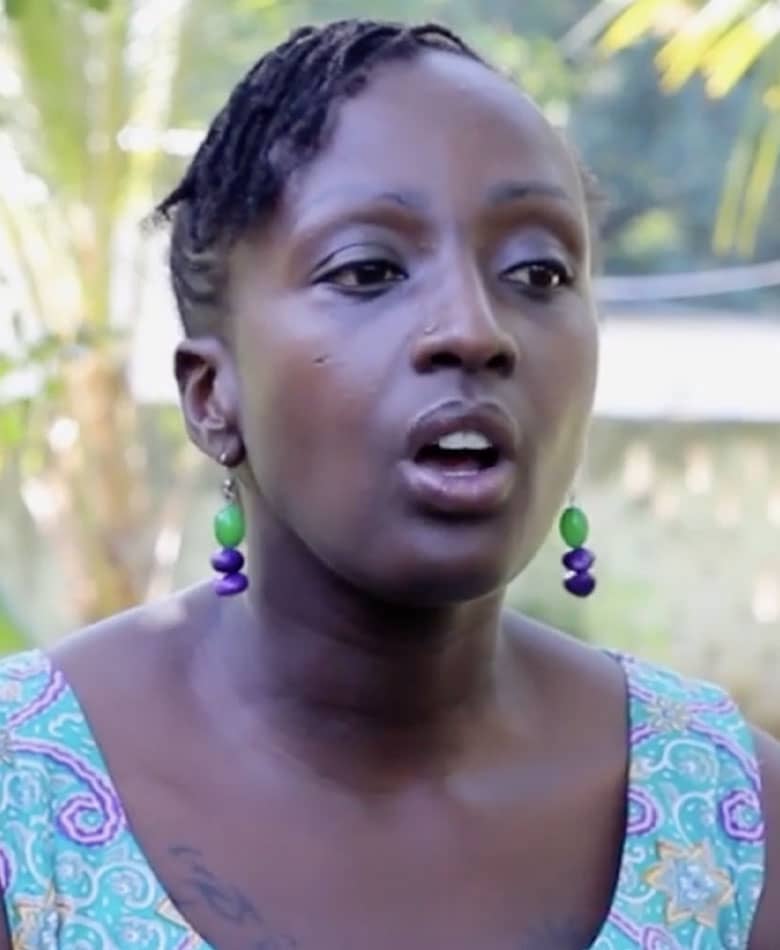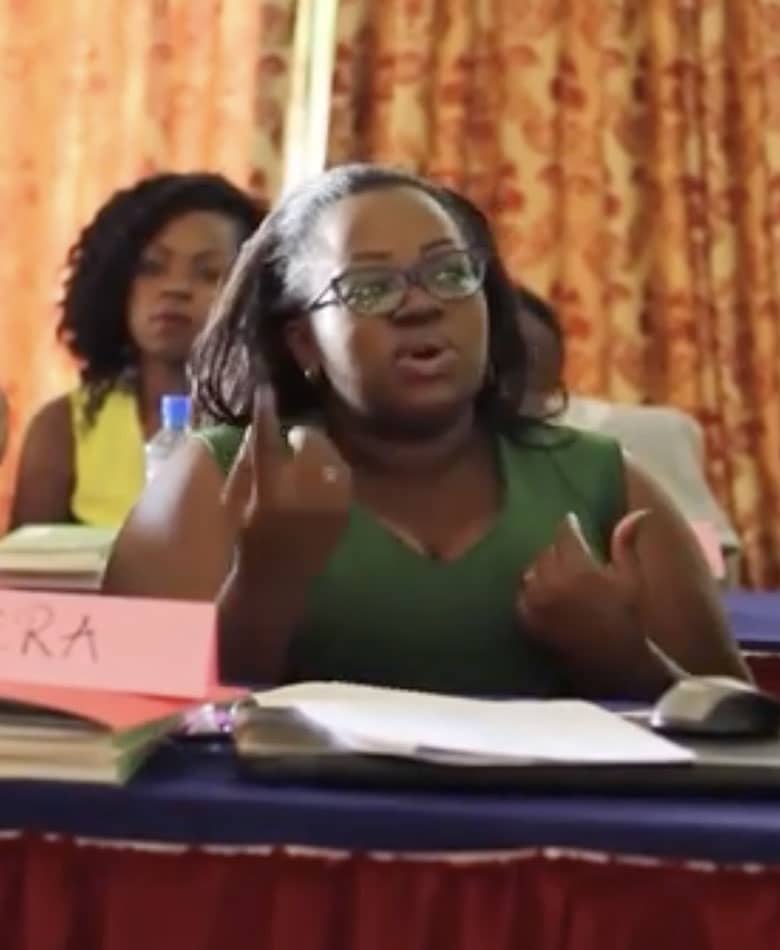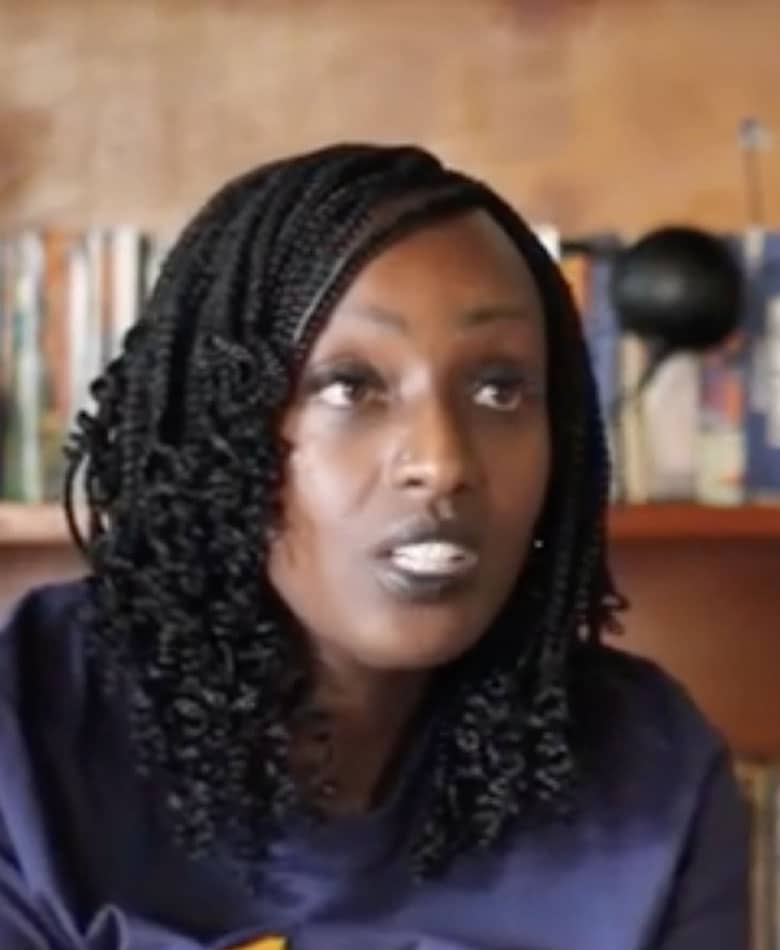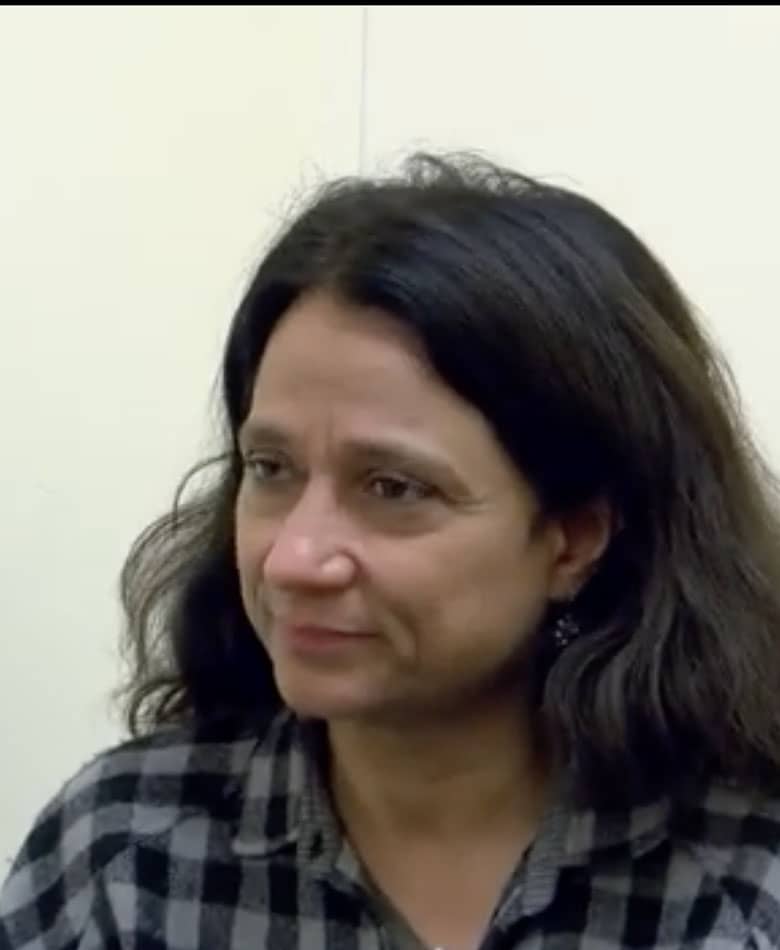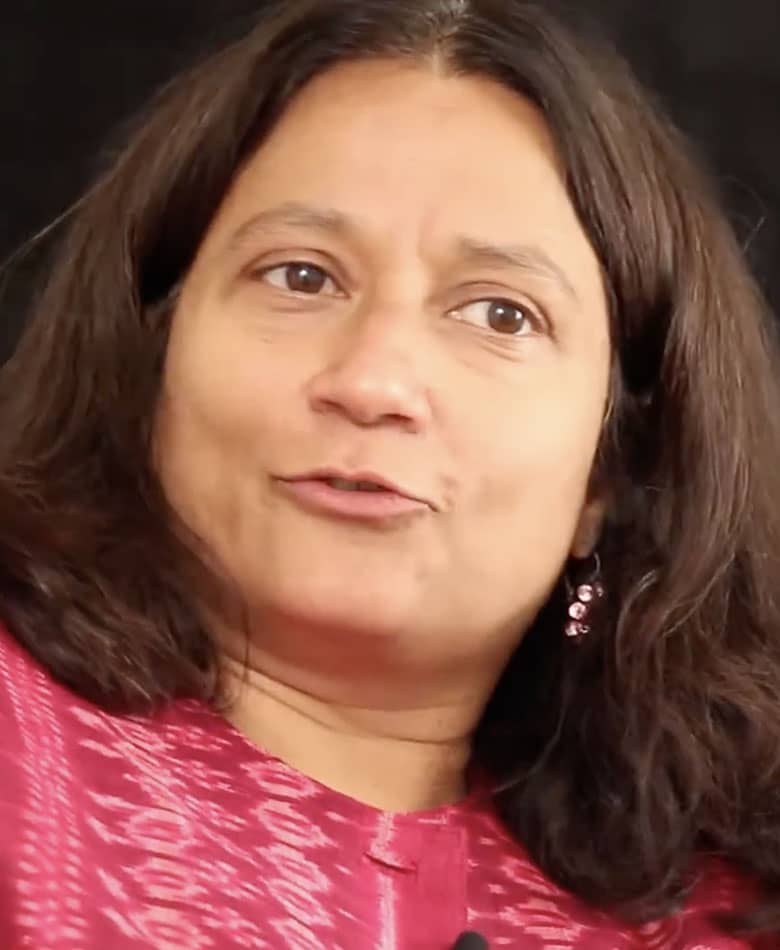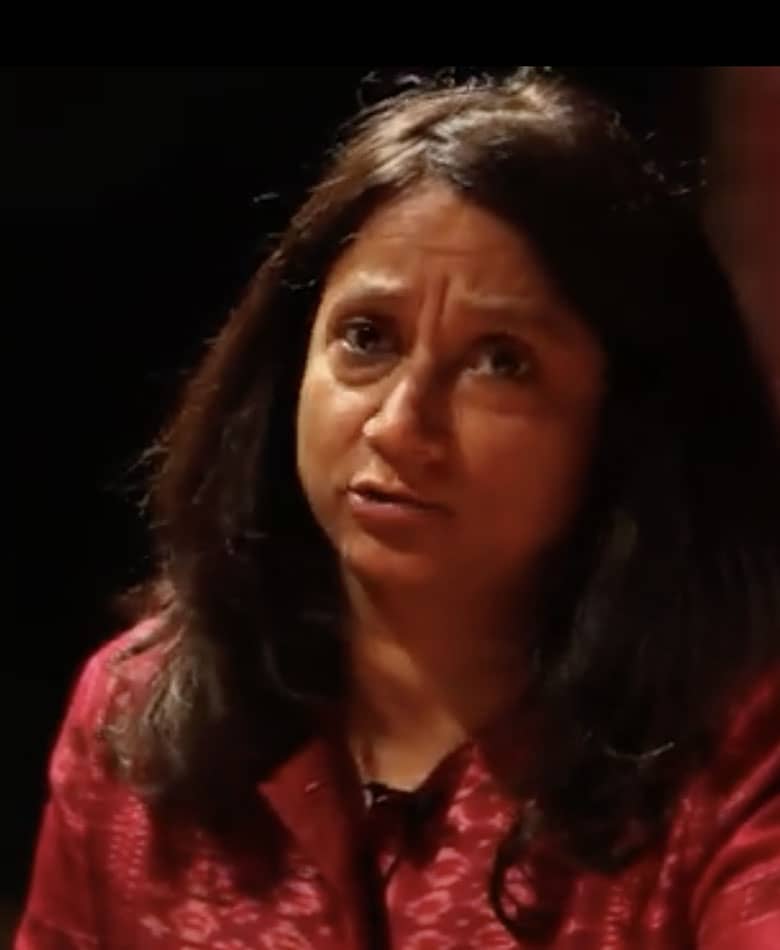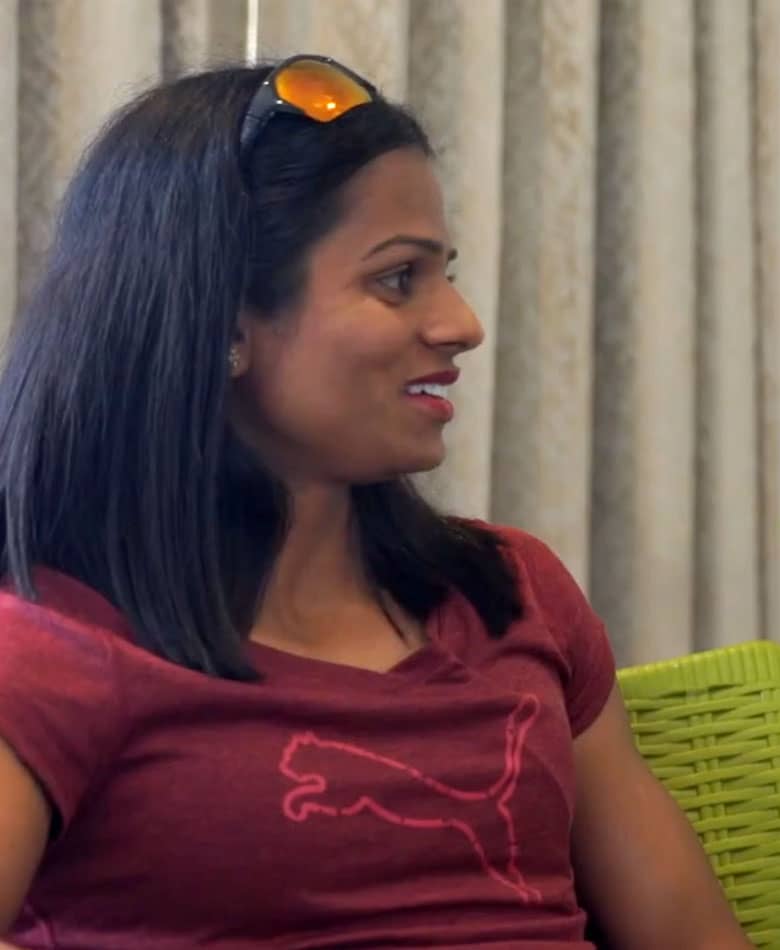
A fearless, interrogative, colorful, edgy, sexy flock of birds flying freely to explore, to imagine and to build freedoms together
what
 we do
we do
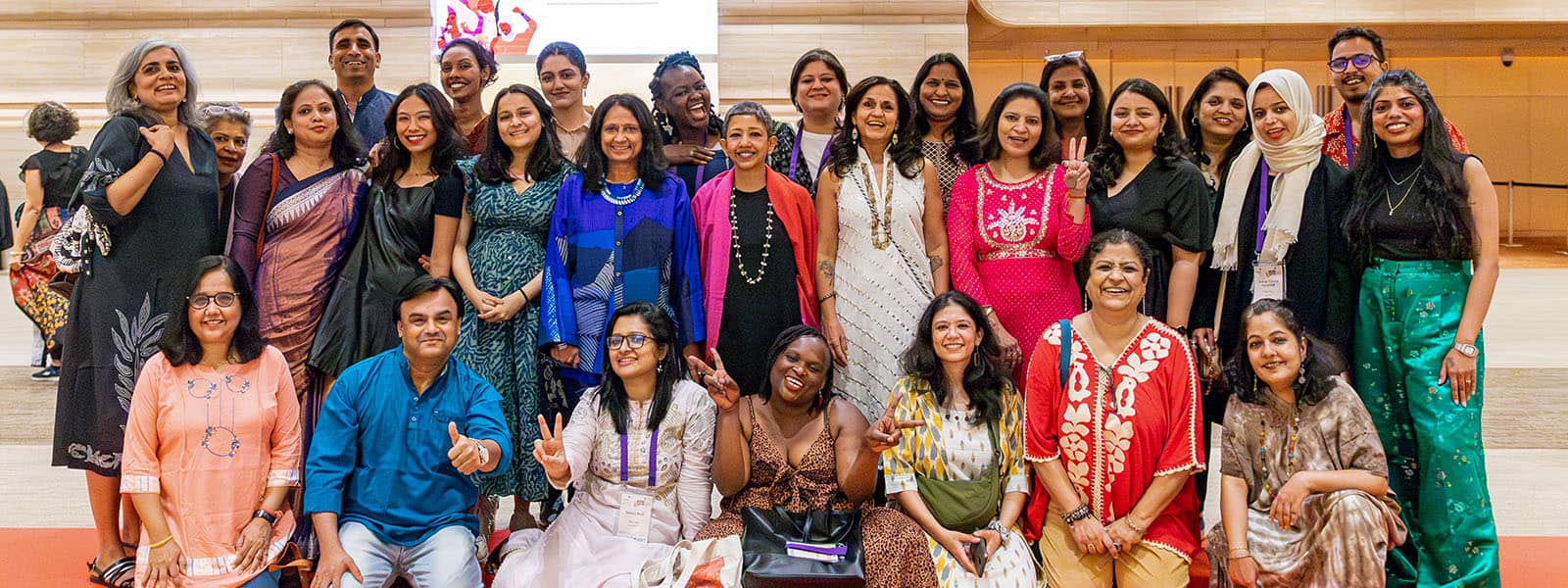
CREA works across multiple issues, movements, and regions using flexible, adaptive and integrated strategies focused on four goals:
- Build feminist leadership
- Strengthen movements
- Expand sexual and reproductive freedoms
- Advance the human rights of structurally excluded people everywhere
One of the few international feminist organizations based in the Global South, CREA deploys cross-cutting programs, thought-provoking institutes and local to global advocacy to help create a more just and peaceful world, where everyone realizes their autonomy, dignity and equality.
our programs
our
institutes

One of our great loves is building the capacity of individuals and organizations that advocate for human rights. Every year, CREA organizes a range of different ‘Institutes’ – our name for short-duration, residential, intensive training sessions. First launched in 2002, we now have over 7,000 Institute alumni across the world.
sexuality, gender, rights
The Sexuality, Gender and Rights Institute offers a conceptual study of sexuality and its intersections with rights, gender, health, law and culture, enabling activists, researchers, journalists and practitioners to critically engage through a rights-based lens.
feminist leadership
The Feminist Leadership, Movement Building and Rights Institute is conducted in English in South Asia and East Africa and in Hindi in India, focusing on concepts such as patriarchy, power, gender, caste, feminist leadership, gender-based violence and disability rights.
disability, sexuality, rights
The Disability, Sexuality and Rights Online Institute explores disability, gender and sexuality, and their interlinkages with feminism, sexual and gender diversity, racial justice, SRHR, gender-based violence, media, art, representation, and law.
technology
The Our Voices, Our Futures (OVOF) Deep-dive is an annual three-day mini-institute conducted virtually for activists, researchers, artists and other human rights practitioners from around the world...
our campaigns
#AbortTheStigma
A campaign to normalize conversations about abortion and advocate for access to safe abortions.
drawing resistance and resilience
A week-long online campaign in December 2020 to highlight locally driven initiatives to address gender-based violence (GBV).
#FLAWSINLAWS
Challenging criminalization of young people’s sexuality by questioning protectionist approaches, law and policies.
our impact
CREA’s work is not only about numbers but about everything we do and how we do it.
Impact takes place when shifts occur. From individual to collective levels, from structural to norms levels.
When it comes to social justice goals — complex and requiring long-term investment of time and resources — we focus on critical types of shifts and their how and their so what.
Some CREA how and so whats include:
- CREA joined a coalition in 2007 to help end the Indian law criminalizing same-sex relations.
- CREA’s 2018 global convening resolved tensions between disability rights and SRHR activists to create the Nairobi Principles for cross-movement action.
- Over 2,000 elected women representatives and 3,000 women collectives’ members have gained community-level feminist leadership capacity through our Meri Panchayat, Meri Shakti (My Local Governance, My Strength) program.
- Every year, 30,000 women, girls, sex workers, trans persons and women with disabilities in India become aware of gender rights and gender justice though CREA’s Ibtida, a network of women-led grassroots organizations.
- Over 7,000 alumni from CREA Institutes continue their activism, serving as first- and second-line leaders ensuring feminist analysis is absorbed in their organizations.
- CREA has been part of four consortiums in nine countries across four regions — East and Northeast Africa, South Asia and Middle East — that are strengthening feminist leadership and movements and empowering women, girls and non-binary individuals to claim their human and sexual rights.





